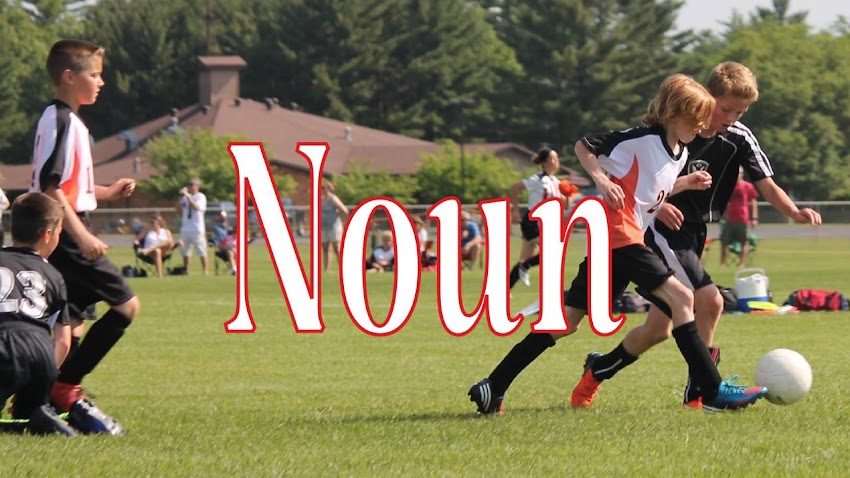Showing posts with label N. Show all posts
Showing posts with label N. Show all posts
Never
By
Azora Koice
N
Never is a negative word meaning "0 times" or "at no time". Ex: I'm terribly sorry. I'll never tell you (any) lie again.
Read more »
Now
By
Azora Koice
N
Now is an adverb. 1. Adverb of time Now means: (1) "at this time", "at the present time". (2) "very soon". Ex: (1) …
Read more »
Noun phrase
By
Azora Koice
N
A noun phrase usually begins with a determiner . It normally has a noun as its most important word, or headword. But often the headword is a pronoun. A nou…
Read more »
Noun of kind
By
Azora Koice
N
Nouns of kind are nouns such as kind, type, sort, species, class, variety, make, brand, category. These words divide a mass or a set of objects into "k…
Read more »
Noun clause
By
Azora Koice
N
Noun clauses are subordinate clauses which can fill the position of noun phrases . That is, they take the position of subject , object , complement , etc. i…
Read more »
Nowhere
By
Azora Koice
N
Nowhere (or no place [informal U.S]) is negative, in contrast to somewhere, anywhere, and everywhere. Ex: "Where do you go yesterday?" "Nowh…
Read more »
Nothing
By
Azora Koice
N
Nothing is an indefinite pronoun . It is a negative pronoun which applies to things or to anything that is "not a person". For a person, we use no…
Read more »
Noun
By
Azora Koice
N
Nouns are the largest class of words (part of speech). They are the main words of noun phrases . Most nouns have a plural form in -( e ) s : ear ~ ear s , wi…
Read more »
Search
Latest
7-latest-65px
Sections
Popular Posts
-
The object pronouns in English are me , her , him , us , and them . They are special forms of the personal pronouns used, among other thi...
-
How to give someone advice? In giving advice, these patterns are useful: 1. If I were you, I'd + verb ... 2. Why don't you ...
-
In English phrases , there is usually one word which is the main word in the phrase, and we can add one or more modifiers to this to speci...
-
Very is either an adverb of degree or adjective. As an adverb it means "to a high degree", and it comes before the word it app...
-
We often omit the relative pronoun " that " at the beginning of a relative clause. Example: He missed a girl ( that ) he used to...













